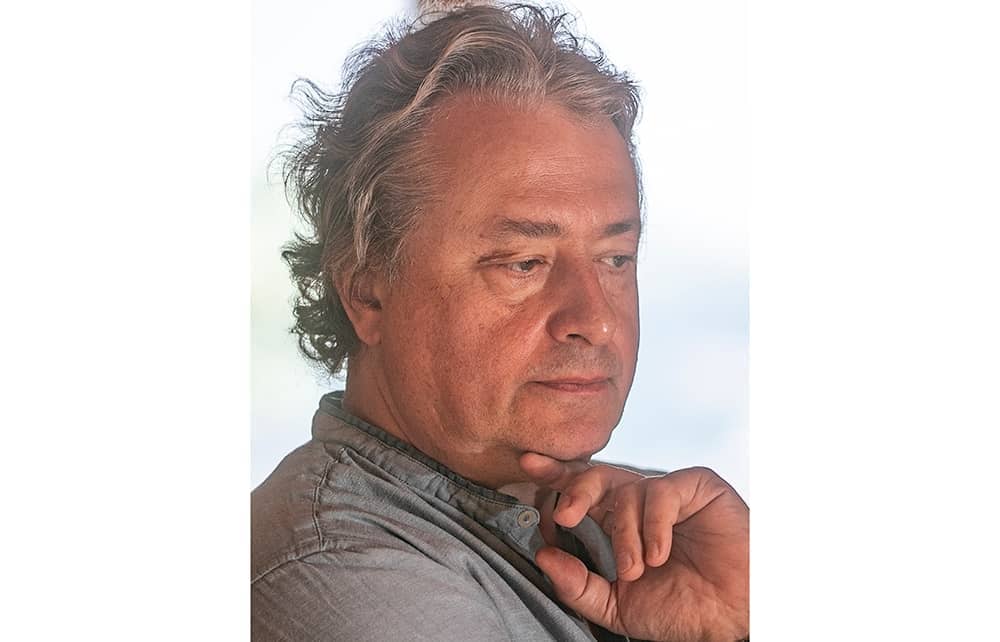Now is a difficult time to empathise with Russians – which is why we need Maxim Osipov. We need him to bring alive to us what it means to live in Putin’s Russia – how the system finds ways to crush all but a very few. Even more, we need him to remind us of the kaleidoscope of qualities that a country like Russia inevitably contains – the humanity and generosity as well as the stupidity and cruelty. An author of great subtlety, Osipov would no doubt wince at such grandiose claims for his writing. Yet when the world is deciding how to deal with the aftermath of Putin’s (eventual, but surely inevitable) defeat, I hope Kilometer 101 will be admitted in the Russian people’s defence.
Osipov is a cardiologist who in 2005 moved from Moscow to work in the hospital of a provincial Russian town, just over the 100-kilometer mark from the capital. Kilometer 101, his second book published in English, is a collection of short stories and non-fiction essays produced since then.
His fiction is deeply touching, universal and witty – the lives of post-Soviet Russians trying to forge an identity. In this volume, however, it’s his non-fiction that feels important. He arrived in the town of ‘N—’, an energetic, idealistic doctor with an echocardiogram in a suitcase, filled with elation – ‘I felt like shouting aloud, “Citizens, bring me your hearts!”’
Yet treating sick people in N— is not the simple business of diagnosis followed by treatment that you might imagine. In a dozen ways Osipov’s patients do their best not to be helped. They not only fail to take their medicine, they don’t even attempt to read the instructions. And this isn’t necessarily because they are illiterate, Osipov notes, but more a kind of deficit in common sense, in the ability – or perhaps more accurately, the motivation – to apply their knowledge in practical terms.
The gods are money and alcohol – ‘two manifestations of nothingness, emptiness, death’. Bleakest of all, beyond a certain age – perhaps 70 – the general view, both of medical staff and the public, seems to be that they are too old even to bother with their health. ‘Who needs us, anyway?’ One woman asks. ‘Of course, in Soviet times…’ In Soviet times, they were needed; there was a reason to keep struggling on, despite the hardship. What Osipov describes is more than poverty, worse even than despair. It is a vacuum.
And yet how much warmth and compassion still thrives, even so. The generosity of local farmers who bring milk to the thirsty: ‘Pay us? Have you lost your mind?’; the humour and courage of some of his patients; the occasional kindness of the capable middle-aged women who really run the town, once the officials have departed to their marble-clad dachas. For Osipov himself, like all doctors, there is the equal comfort and torment of his profession: ‘The timely call from the hospital. I’m wanted… I slip on my white coat, look at the velvety gloom outside, and tell myself: (1) this is as good as it’ll ever get; (2) this is what happiness is.’
And there is still hope, while one can raise the old Soviet toast: ‘That one croaked, and so will this one.’






Comments